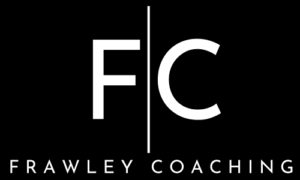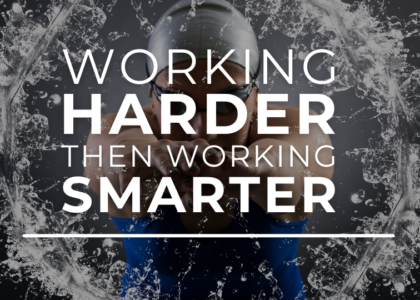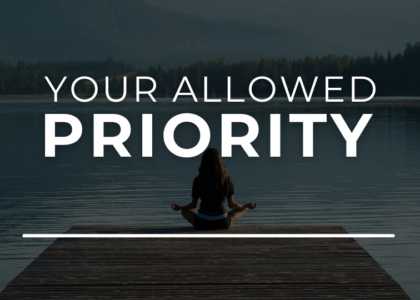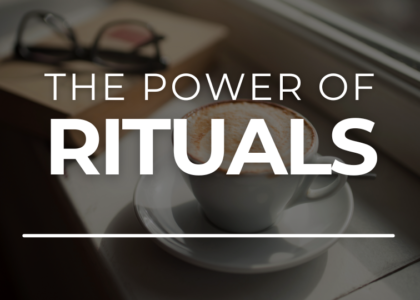Mel Robbins says that we’re all afraid of the same thing. Heights, small spaces, lions, clowns (don’t judge me)… it’s all the same. We’re afraid of the unknown.
What are you afraid of? What is stopping you from doing the thing? What gets in the way? Let’s unpack that together…
My own coach is out of the office with a medical event right now and I had the honor and privilege of coaching with one of her fellow MAPS coaches, Tammy Richards in her stead. Flexible and patient, especially with a fresh temporary coaching client (myself), Tammy listened carefully to my current situation and coaching needs and she jumped right into model for us to explore that was right on the money. This call wasn’t just impactful, it inspired the start of a rabbit hole that I’m still diving into. Buckle up friends, you’re coming along for the ride.
20 PRIME DIRECTIVES OF THE UNCONSCIOUS BRAIN
The prime directives of the unconscious brain are fundamental principles that guide its operations and influence behavior, emotions, and perceptions. Essentially, our unconscious brain stores memories either temporally (in relation to time) or atemporal, which is kind of like a goulash of information stored with no chronological organization.
While there are twenty of them, below are some commonly cited directives:
- Preservation of the Self: The unconscious mind prioritizes safety and survival. It automatically triggers fight-or-flight responses in dangerous situations and works to avoid physical and emotional harm.
- Automatic Processing: Much of the unconscious brain’s work involves processing information and making decisions without conscious awareness. This allows for rapid responses and efficient handling of routine tasks.
- Emotional Regulation: The unconscious mind manages emotions and stores emotional memories. It influences mood and can trigger emotional responses based on past experiences.
- Pattern Recognition: It excels at recognizing patterns and associations. This helps in learning and adapting to new situations based on past experiences.
- Repression and Defense Mechanisms: The unconscious mind uses defense mechanisms, such as repression, denial, and projection, to protect the conscious mind from distressing thoughts and feelings.
- Habituation and Routine Formation: The unconscious brain helps form habits and routines, allowing for efficiency in daily activities without the need for constant conscious attention.
- Symbolism and Metaphor: It often communicates through symbols and metaphors, which can be observed in dreams and slips of the tongue.
- Influence on Behavior: The unconscious mind significantly impacts behavior, often guiding actions based on ingrained beliefs, past experiences, and automatic responses.
WHAT DO WE DO WITH OUR FEAR?
Our brains will recall memories and organize that information to draw conclusions, make assumptions, and take action. Or brain also represses memories too, quite often those with negative context or that are unresolved and we repress those memories until we are ready or have a tool to deal with them. Here’s what is just incredible and what I’m completely fascinated about… the FEAR factor.
The chemical reaction in our body in reaction to fear is the same regardless of the source- heights, small spaces, tigers, clowns, whatever. What we DO with that fear is up to us, and this is the magical part so let’s do a little exercise.
Take a moment and decide what aspect of your life or business is holding a metaphoric block for you. One commonality many agents has is a resistance to lead generation. Something is getting in the way. You may commit to making twenty contacts a day for five whole days and at the end of the week you’ve made very little progress.
Have you been here? I have.
How do we deal with it?
First, we need to unpack our initially programming. A BOLD Law is BE DO HAVE, and most folks who haven’t taken the course have no idea what that actually means. Our challenge is in the DO part, however we can’t fix that until we fix the BE part. Sit tight I’m getting to something here… What does the BE part mean?
It’s our programming.
What do we BELIVE is true? Is it REALLY true? Does that belief still serve you?
Think about it. Let’s use an example…
“I resist calling my sphere.”
We need to unpack this and go deeper than just surface reasoning. Why do you resist? “I’m afraid I’m going to bother people.”
Ok great. Let’s keep going. Is it true that you’re going to really be bothering them? “I’m actually afraid they’re going to think that I only want to talk to them because I want something from them.” Awesome. You have something of value to share, right? So do you think if you’re bringing value to the conversation they’ll assume you’re just calling to use them? “No, not if you put it that way.”
Right, so now we know what you believe about calling your sphere, now let’s talk about where that belief comes from. Think about where the source of this belief came from. Did you have a bad experience with people in sales before? Did you make a mistake in the past that you don’t want to replicate? More importantly, and the biggest question you need to ask yourself is this:
Does that belief still serve you?
The truth is, our beliefs, our programming, and our conditioned responses are all designed to do one thing: protect us. What we need to do is genuinely ask ourselves: do we still need protection from this?
I trust this gives you something to think about to.
As always, it is an honor and a privilege to be in business with you.
Cheers from Ireland,
Coach Frawley





